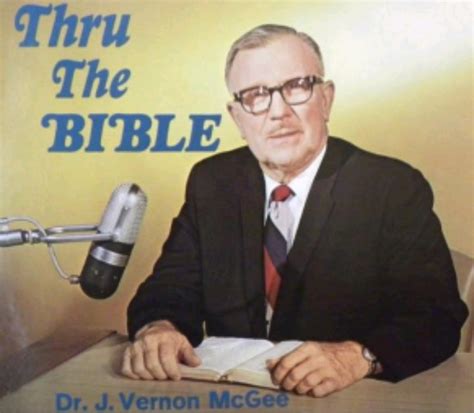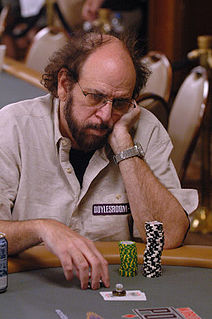A Quote by Philip Neri
Humility is the safeguard of chastity. In the matter of purity, there is no greater danger than not fearing the danger. For my part, when I find a man secure of himself and without fear, I give him up for lost. I am less alarmed for one who is tempted and who resists by avoiding the occasions, than for one who is not tempted and is not careful to avoid occasions. When a person puts himself in an occasion, saying, I shall not fall, it is an almost infallible sign that he will fall, and with great injury to his soul.
Related Quotes
To instruct calls for energy, and to remain almost silent, but watchful and helpful, while students instruct themselves, calls for even greater energy. To see someone fall (which will teach him not to fall again) when a word from you would keep him on his feet but ignorant of an important danger, is one of the tasks of the teacher that calls for special energy, because holding in is more demanding than crying out.
Be careful how you do one man a pleasure which must needs occasion equal displeasure in another. For he who is thus slighted will not forget, but will think the offence to himself the greater in that another profits by it; while he who receives the pleasure will either not remember it, or will consider the favour done him less than it really was.
There is great danger, yea many times most danger, in the smallest sins... Greater sins do sooner startle the soul, and awaken and rouse up the soul to repentance, than lesser sins do. Little sins often slide into the soul, and breed, and work secretly and undiscernibly in the soul, till they come to be so strong, as to trample upon the soul and to cut the throat of the soul.
Anyone who is not totally dead to himself will soon find that he is tempted and overcome by piddling and frivolous things. Whoever is weak in spirit, given to the flesh and inclined to sensual things can, but only with great difficulty, drag himself away from his earthly desires. Therefore he is often gloomy and sad when he is trying to pull himself away from them, and easily gives way to anger should someone attempt to oppose him.
We are living in a world of fear. The life of man today is corroded and made bitter by fear. Fear of the future, fear of the hydrogen bomb, fear of ideologies. Perhaps this fear is a greater danger than the danger itself, because it is fear which drives men to act foolishly, to act thoughtlessly, to act dangerously...






























